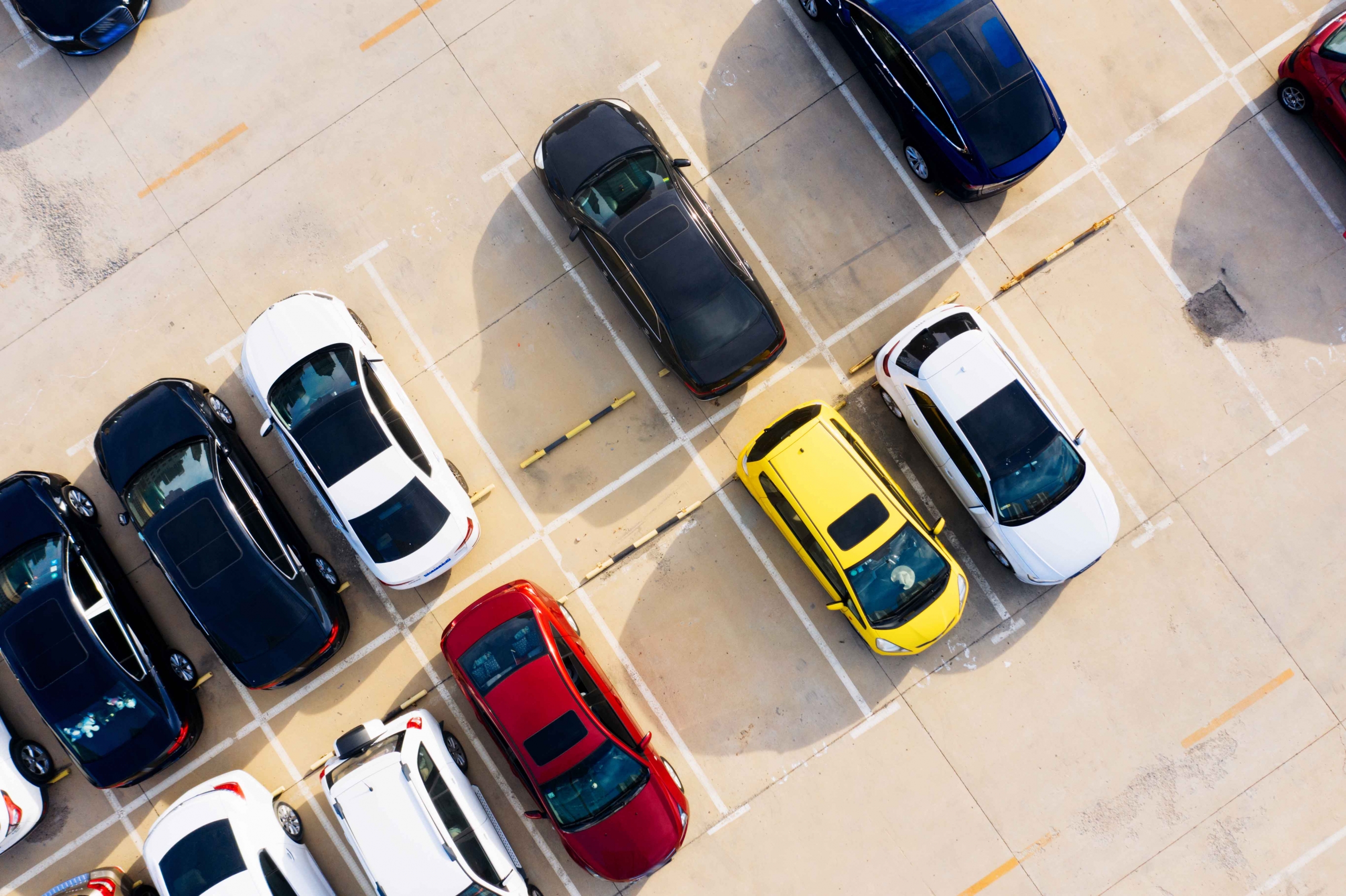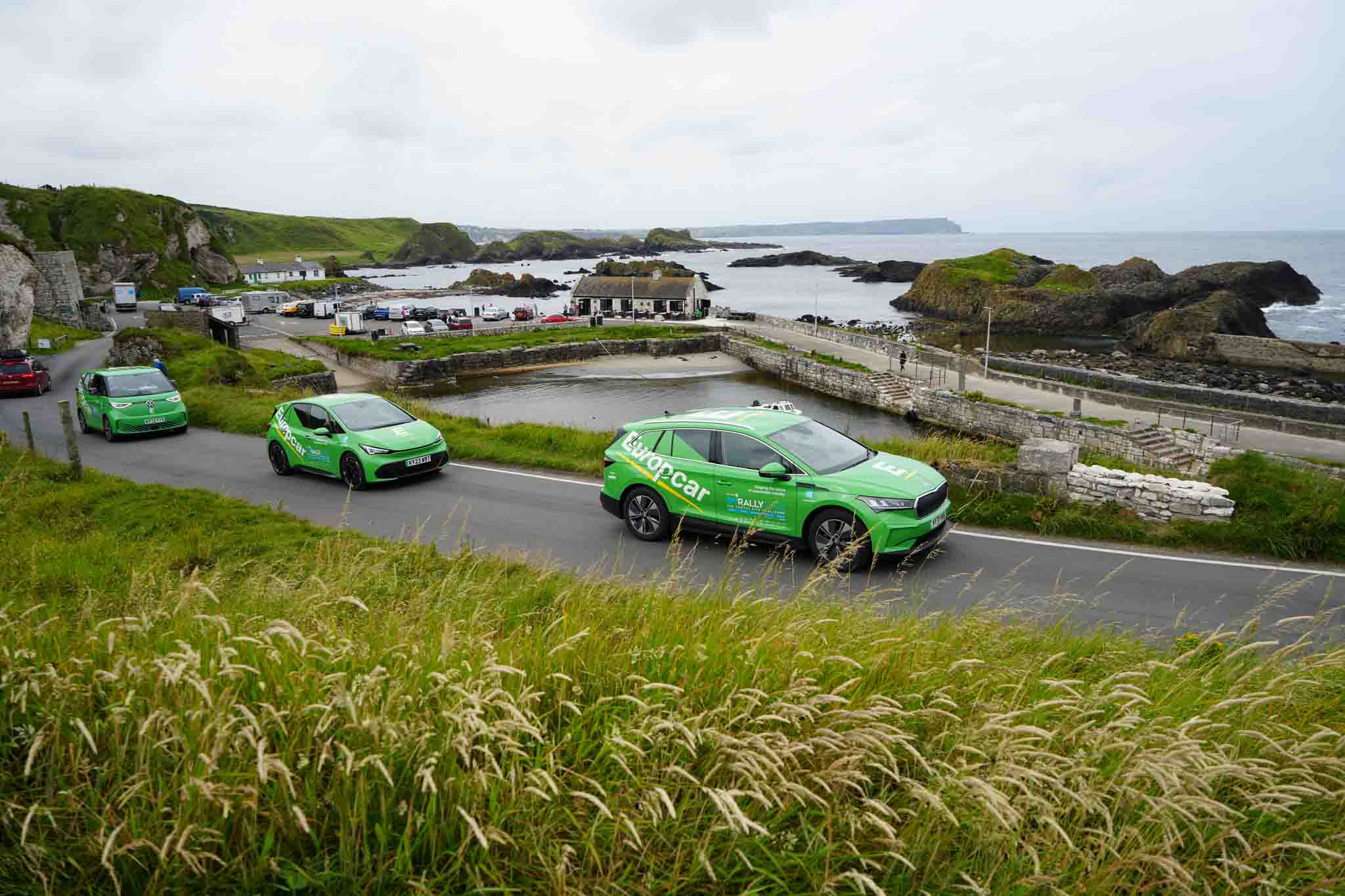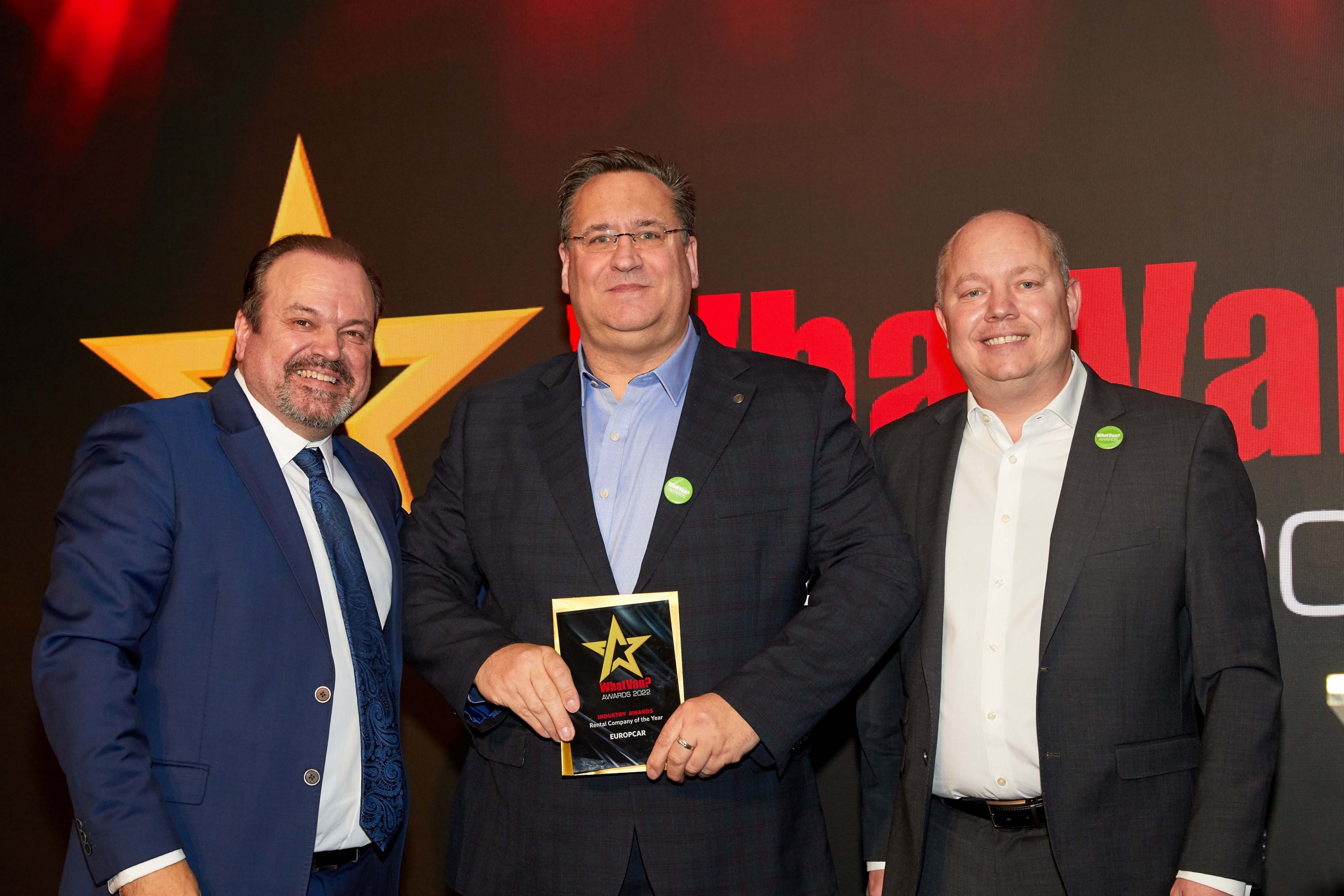02/03/2022
As we see more and more businesses return to office working, and face-to-face meetings and events make a comeback, the role of the fleet manager is taking yet another turn. Part finance manager, part human resources manager and part sustainability officer, today’s fleet manager is a vital member of the overall management team, with their decisions and choices having a significant impact on business outcomes.
In the last two years, what businesses want, need and expect from their vehicle fleet is more diverse than ever. Business situations have changed rapidly, and new regulations and attitudes have meant that mobility strategies have had to change too.
While we may be returning to some form of normality, the sense of uncertainty looks likely to remain for a while yet. The consequences of factory closures, materials shortages and new trade agreements are affecting many businesses and they are having to find new ways to mitigate these problems.
Despite this rather turbulent background, fleet managers are still tasked with keeping their company drivers on the road, in suitable and safe vehicles. So how do they ensure that they meet these needs and have access to a fit for purpose fleet?
With the range of mobility options on offer, it is no longer necessary to have an expensive and inflexible pool of cars sitting in the company car park – the idea of ‘usership’ rather than outright ownership or a long-term lease agreements makes more sense, both for company finances and cleaner, greener transport goals.
Sustainable transport that helps to reduce the carbon footprint is now a must-have for most businesses, and one route to cutting overall emissions is to only have vehicles on fleet when they are needed. What we’re seeing is more and more businesses turning to rental – be that for just a few hours or for a few months.

It means businesses are not tied into long-term purchase or lease commitments, keeping cash where it is needed most. It also mitigates supply issues. While problems persist with the availability of new vehicles, rental offers drivers access to the vehicles they need to get the job done. Plus cleaner, greener cars help businesses get net zero ready.
With the introduction and extension of more clean air zones impacting on how businesses operate, rental offers access to the latest electric, hybrid and petrol cars, with the opportunity to try before you buy. And there’s one further important advantage which is all about driver health and safety. Fleet and business travel managers can be confident that their company drivers are in safe, reliable vehicles, with servicing and regular maintenance taken care of too.
Interestingly, what we’re also finding is that many businesses have vehicles in their car parks but they’re not in the right place for the staff who need them. And this is changing how company and pool cars are being used. While medium and long-term vehicle rental may be widely used by fleet managers as part of their strategy to optimise fleet utilisation, corporate car-sharing from the office car park may be a less familiar option. Yet, it could be a great option to help companies improve car access for their drivers for short periods of time.
Innovative new technology such as Europcar’s ‘Tap and go’ system can be installed into pool cars with the option to either just install the technology and booking platform or access our fleet too. Using an all-devices app, drivers can book their own rental, while allowing fleet and travel managers to oversee and monitor the use of their business fleet efficiently. Monitoring and reporting, via the platform provides real-time updates on bookings, vehicle utilisation and even CO2 consumption.
Corporate car-sharing is not only an effective method of ensuring optimum use of vehicle resources but also means that companies no longer need to rely on ‘grey fleet’ cars, which tend to be older, less reliable, more polluting and are not usually fitted with the latest safety features.
Staying agile will remain the watchword as we move further into 2022. Vehicle ‘usership’ rather than ‘ownership’ – whatever the duration – will continue to support businesses to make the most of their opportunities without having to commit to potentially burdensome capital expenditure in uncertain economic times.





